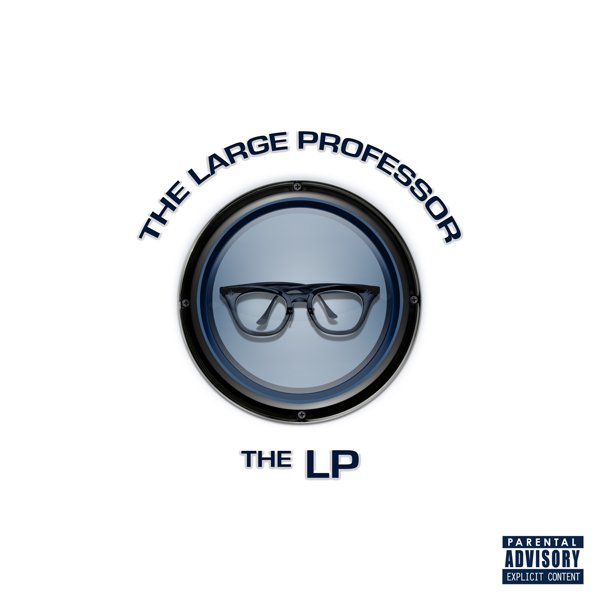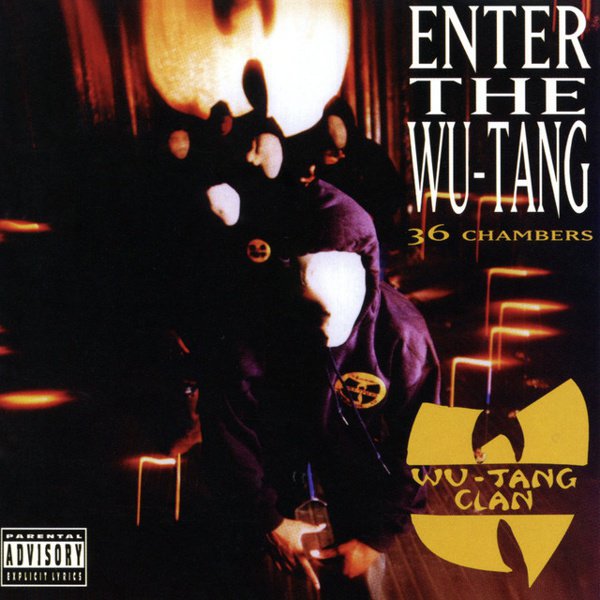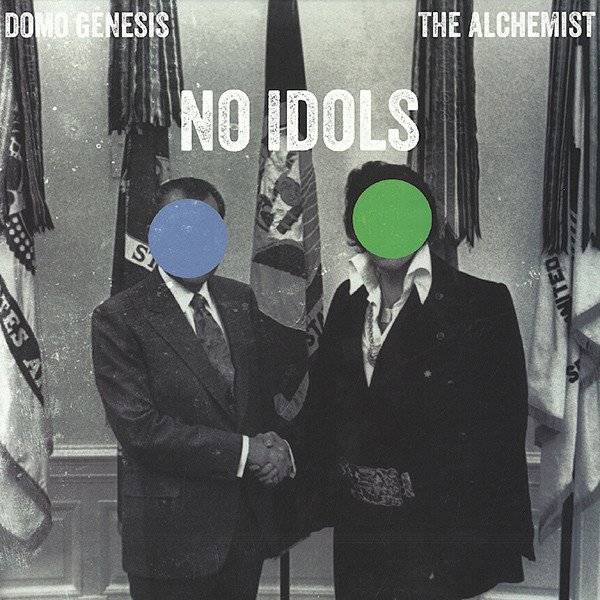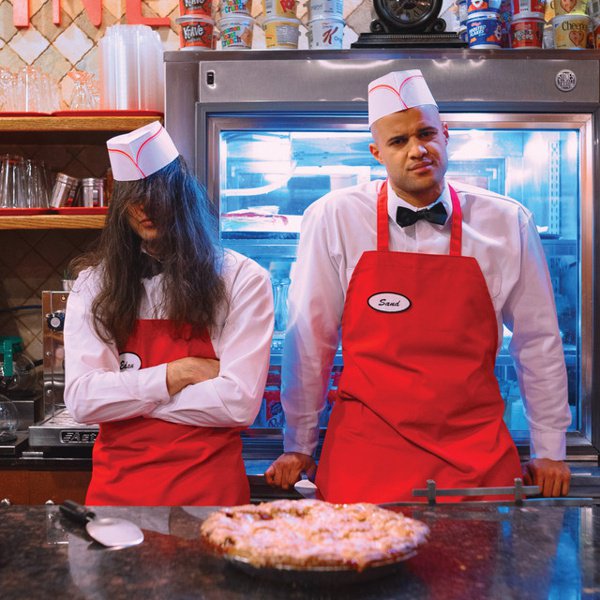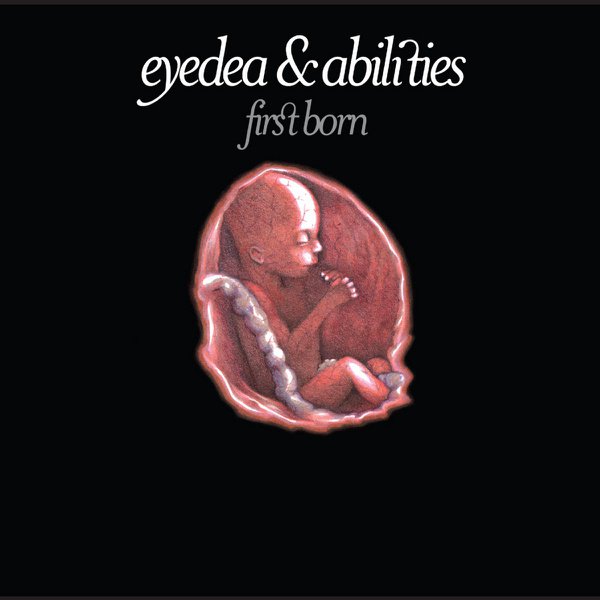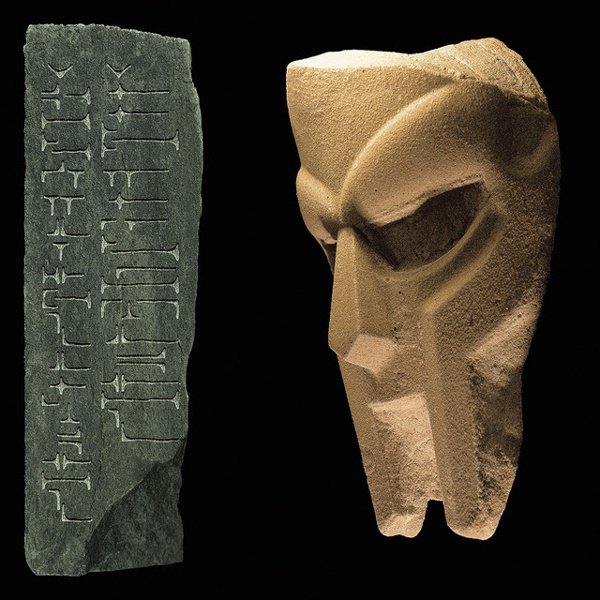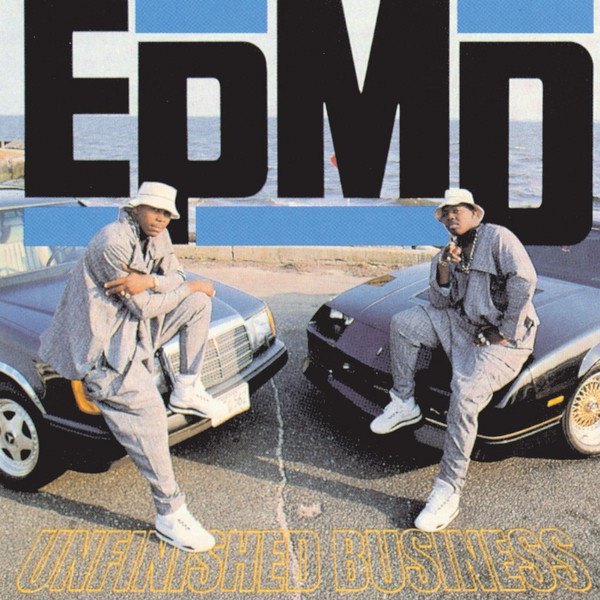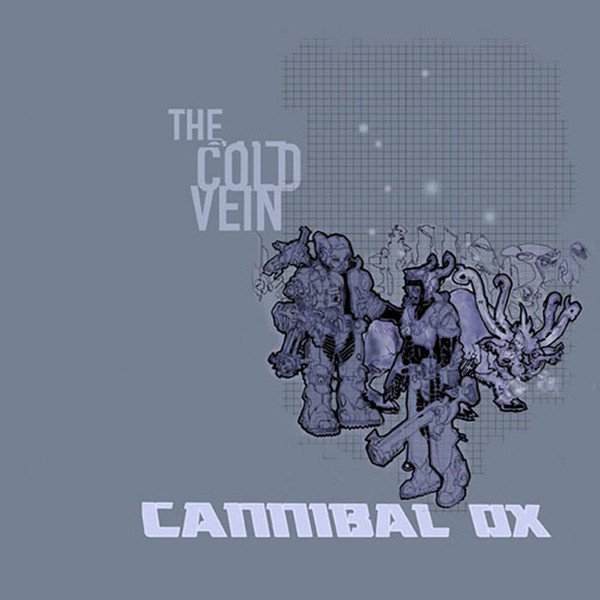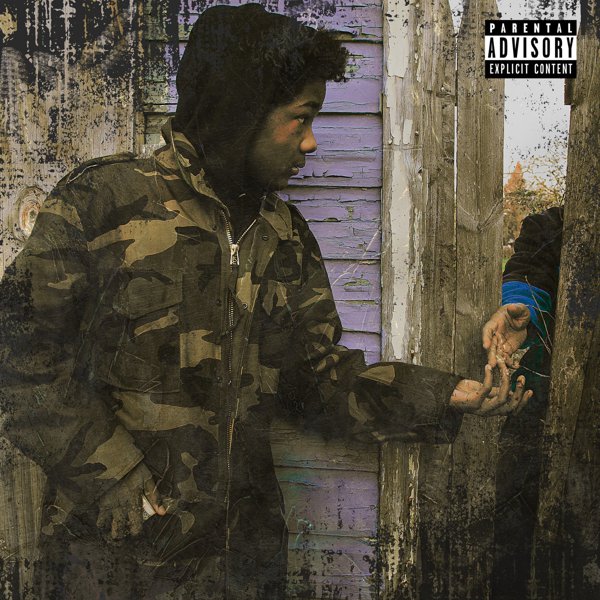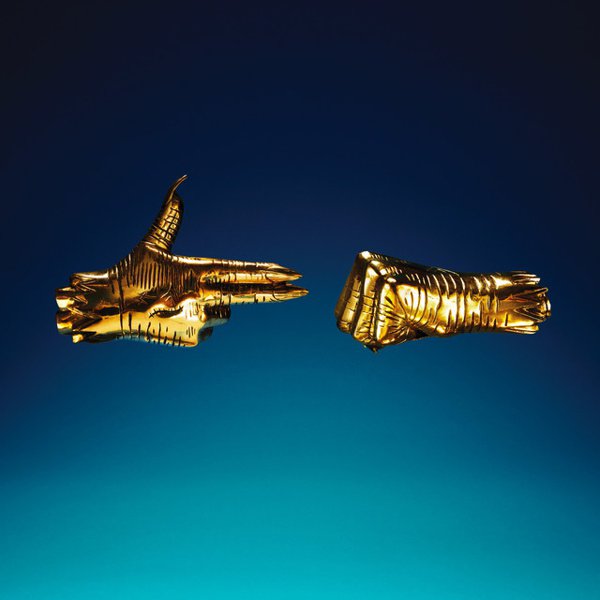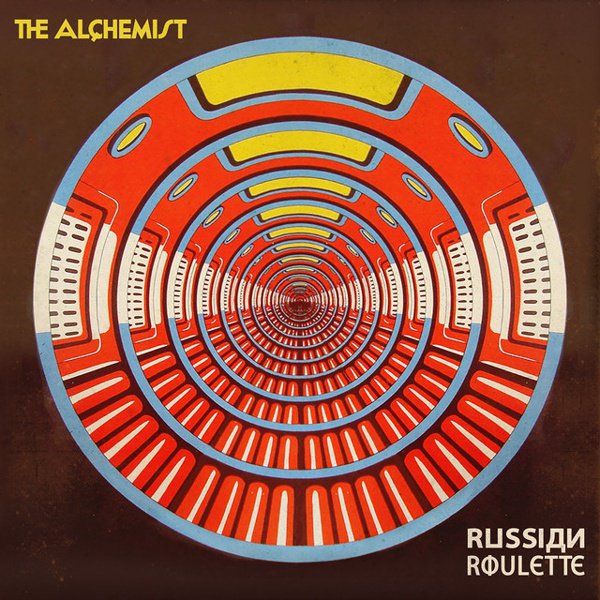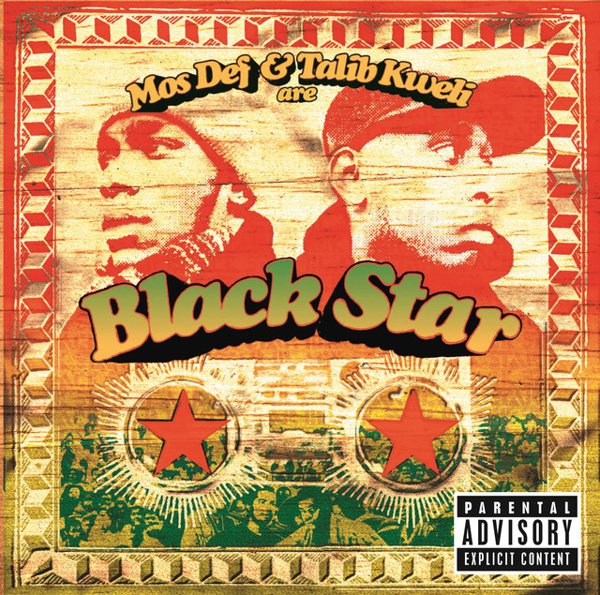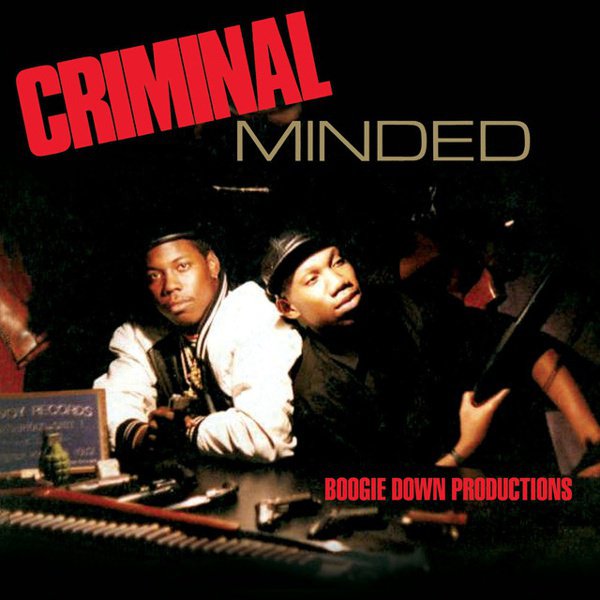The LP
Main Source had the kind of critical respect in hip-hop that should’ve set up rapper-producer Large Professor for a legendary both-sides-of-the-boards solo career, one that lent him a permanent-institution status somewhere between A Tribe Called Quest’s “Keep It Rollin’” and Nas’s “It Ain’t Hard to Tell.” But even if real heads knew, there apparently weren’t enough of them at Geffen to preserve his attempted solo debut full-length The LP. Label obstinace kept what should’ve been a breakthrough classic in purgatory, and until a 2002 self-released promo surfaced (and was expanded upon for an official release seven years after that), all that existed of it out in the world was a handful of tracks that all fit on a ’96 maxi-single. That material was strong, if hijacked by circumstance: “I Juswannachill” nailed a signature mix of relaxed-vibe confidence and step-your-game-up drive, but its Milt Jackson sample flip was beaten to the market by De La Soul’s “Dinninit” that year despite being recorded months earlier. Meanwhile the autobiographical craftsman’s pride of “The Mad Scientist” and the self-evident headknock anthem “Hard” were stunning examples of the kind of material mainstream hip-hop was starting to abandon — grimy, breaks-first jazz-funk bred from a golden era style that commercial rap’s big-budget gloss was already displacing. But theversion of The LP that finally emerged in the 2000s just proves that it could’ve been a contender: for the appearance of Nas alone on the intensely ruminative “One Plus One,” The LP holds up remarkably well as fundamentally strong yet creatively restless hip-hop document from one of the genre’s most uncertain transitional phases. Large Pro easily meets and often exceeds his rep as a top-tier producer who’s just nice enough on the mic to justify his beats — not always as quotable as his storytelling-driven and conceptual peers, but with the kind of rhythm-boosting flow and party-sustaining presence that makes even his mellower beats sound energetic. To hear him talk shit on “Hungry” or turn lyrical abstraction into surrealist stream-of-consciousness on “Have Fun” is to hear someone rightfully confident enough in his beats to rhyme like he’s earned the right to complete them — no matter how long it takes.

